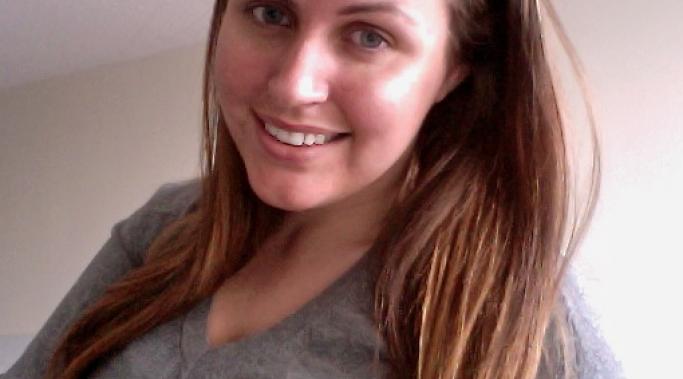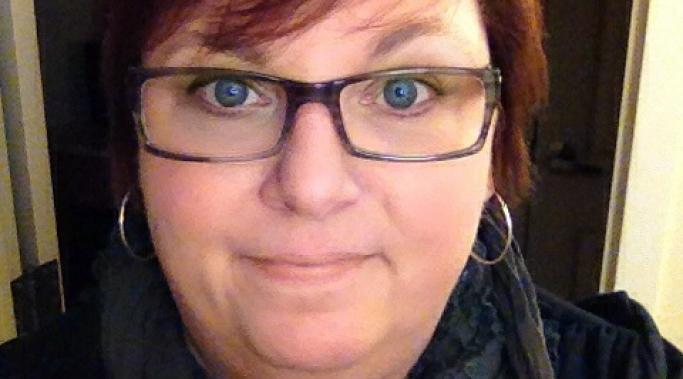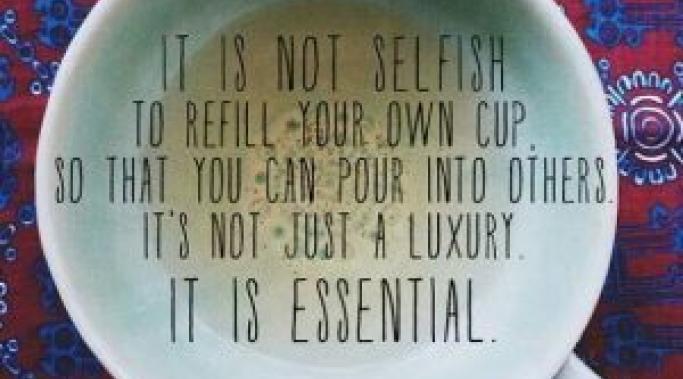Blogs
Hello, my name is Samantha U’Ren and I am a 22-year-old college student who lives in Ottawa, Ontario. I enjoy going to the gym, thrift shopping, and trying to live as much of a “normal” life as possible. I am also pleased to announce that I am the new blogger for the Mental Health for the Digital Generation blog.
Being in college is challenging; I think everyone can agree to that. However, my journey through college is a little different because I am a recovering alcoholic who also suffers from major depression and generalized anxiety disorder.
I’m Chrisa Hickey, mom, wife, writer, and accidental children’s mental health advocate. I say “accidental” because I never intended my writing to be about childhood mental illness. But in 2009, after spending several months in therapy myself, trying to process raising a child with schizoaffective disorder, my doctor suggested I journal as a way to process the severe ups and downs our family was living through. Since I spend 40+ hours a week on the Internet as a full-time eCommerce professional, I started my journal as a blog.
Had you asked me three days ago what I had in common with L'Wren Scott, I wouldn't have had a clue what to say beyond our matching hair and eye colors. Now that New York City officials ruled Scott's sudden death Monday a suicide, I have a different perspective. L'Wren Scott's suicide was preventable; her death is a major tragedy.
One of the most exhausting things about having an eating disorder is the non-stop racket in your brain. And while some of that chatter is about calories, food, and exercise - a lot of it is how you compare with other people.
Is s/he skinnier than I am? She's eating a salad - she must think I'm so fat for eating a sandwich. So-and-so used to spend X hours at the gym - I only spent Y.
More than anything, I just wanted my brain to shut up.
Therapist Emily Roberts explains how small acts of self-care, some take less then a minute, can raise your self-esteem and make you happier.
Fear. Terror. Worry. Obsessive thoughts. Anxiety and all of its manifestations can be crippling. The mind races with worst-case scenarios, and the anxious thoughts can be unrelenting. As if the thoughts themselves aren't bad enough, it's common for another worry to bubble to the surface of the mind plagued by anxiety: are these thoughts real, and can I trust them?
In the first part of this post, we established three fundamental things:
You are healed from PTSD if you no longer meet the criteria for the diagnosis.
Psychology, as a science, proposes hypotheses which can be tested in the natural world.
Religion also proposes hypotheses, but fundamentally about the supernatural world, where hypotheses cannot be tested.
Let’s add one more fundamental idea: religious traditions can, and do, propose many things about the natural world. Some of their most notable propositions are ethical in nature, and in this context one finds the idea that forgiveness is a good thing.
Forgiveness as a value has a long and honored tradition in the Abrahamic religions (Judaism, Islam, and Christianity). If we consider that religion, like all traditional culture, functions in part as a kind of “memory” for a people – identifying and preserving important ideas, understandings, and directives, then a reasonable case can be made that we should seriously consider the idea of forgiveness.
Every person is unique in their own way and as such, treatment for alcohol addiction should never use a cookie-cutter approach. Using one type of therapy for alcohol addiction is not guaranteed to help all individuals who are struggling to get sober. This is why, first and foremost, if you have made the decision to seek help for your alcohol abuse or alcohol addiction (alcoholism) you should take the time to research different treatment options so that you can determine which one may work best for you. (Not sure if you have a drinking problem, take our alcoholism test.)
Last week I discussed the fact that combat posttraumatic stress disorder (PTSD) can be transmitted to children from their parents in cases where a parent suffers from combat PTSD. This intergenerational transmission of trauma, or secondary PTSD, can drastically impact a child’s behaviors. Symptoms of combat PTSD in children can range from hyperactivity to extreme withdrawal.
Every Mother, Every Time
Suicide is a leading cause of death for women during the first year after childbirth. Currently, care providers, midwives, general and family practitioners are not mandated to screen for symptoms of mental illness, or even family history of mental illness—a known risk factor for developing perinatal (the time around childbirth) mood or anxiety issues. One-in-seven women will experience a mood or anxiety disorder during pregnancy or postpartum, yet nearly 50% remain untreated. In pregnancy, maternal mental illness negatively effects fetal development, and leads to adverse birth outcomes such as low birth weight and premature delivery. Perinatal mood and anxiety disorders (PMADs) can impair infant and early childhood cognitive and emotional development. Despite overwhelming empirical evidence, there is no universal mandate for care providers to screen pregnant and postpartum women for depression, anxiety, or family history of mental illness.










I believe she will only be able to rid herself of her demons, and hopefully her BPD as well, when she's ready to confront the abuse of her father. If she can put the blame where it belongs, she may stop projecting that victim/perpetrator cycle on the present men in her life. These demons are a metaphor for the purgatory she has created for herself. That reality has consequences in the real world, but it need not be real in the tangible sense. Exorcising her demons will require the expenditure of real physical energy and probably the destruction of aspects of her personality. If this ever happens, and it's possible but not probable, then these demons will evaporate. They are only as real as one's personality is real. In short, reality is not the question, it's what you make of the things you feel to be real.